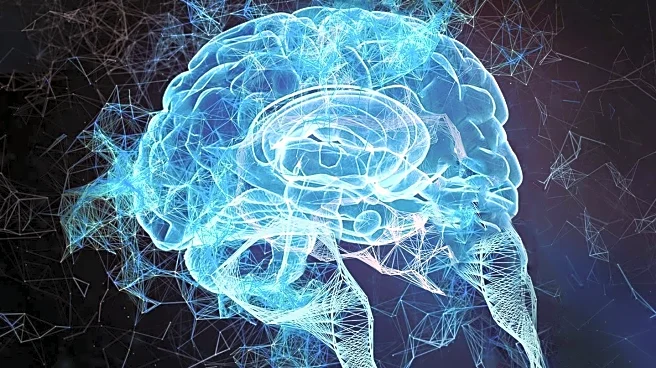What is the story about?
What's Happening?
Epilepsy affects nearly half of the 50 million people worldwide diagnosed with the condition, with women facing unique challenges due to hormonal fluctuations and reproductive health issues. Women with epilepsy often experience changes in seizure frequency during menstrual cycles, known as Catamenial epilepsy. Additionally, antiepileptic drugs can interfere with hormonal contraceptives, impacting fertility and leading to difficult decisions between treatment adherence and the desire to conceive.
Why It's Important?
The intersection of epilepsy and women's health highlights systemic inequalities in healthcare research and funding. Historically, healthcare systems have been developed by and for men, resulting in a lack of understanding and support for women's health issues. Addressing these challenges requires comprehensive care plans, education for healthcare providers, and improved access to personalized reproductive health strategies. Enhancing awareness and support for women with epilepsy can lead to better seizure control and overall health outcomes.
Beyond the Headlines
The societal impact of epilepsy extends beyond physical health, affecting employment opportunities and mental health. Women with epilepsy face higher unemployment rates and workplace discrimination, exacerbating existing gender inequalities. Advocacy for policy changes, increased funding, and inclusive clinical trials are essential to address these issues and improve the quality of life for women with epilepsy.

















